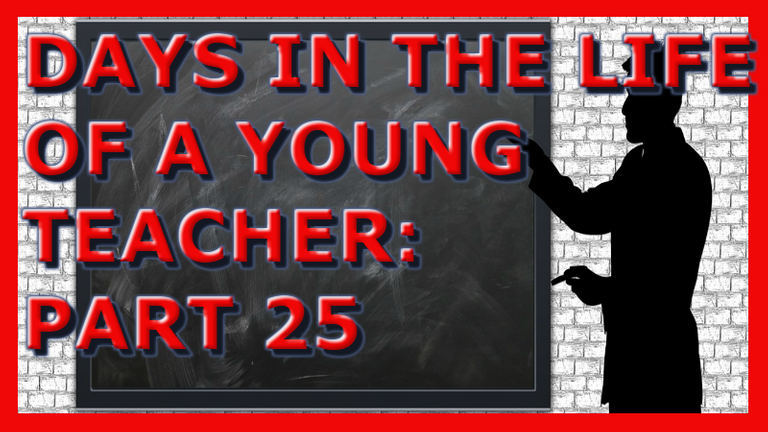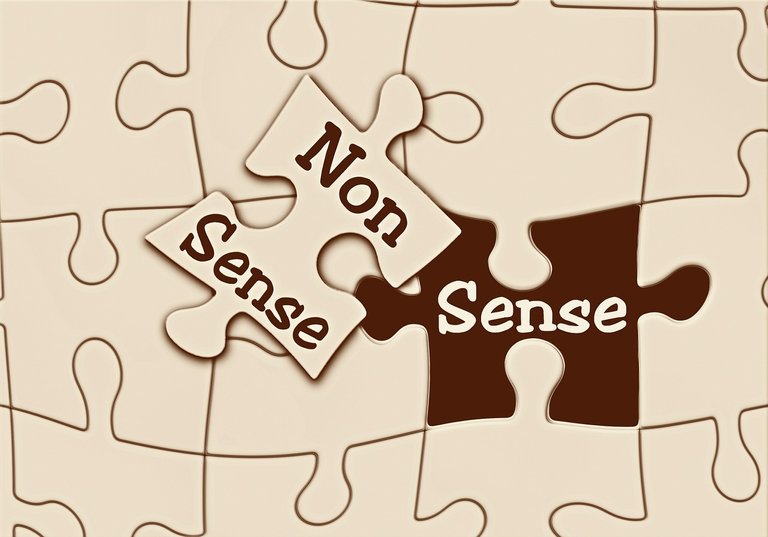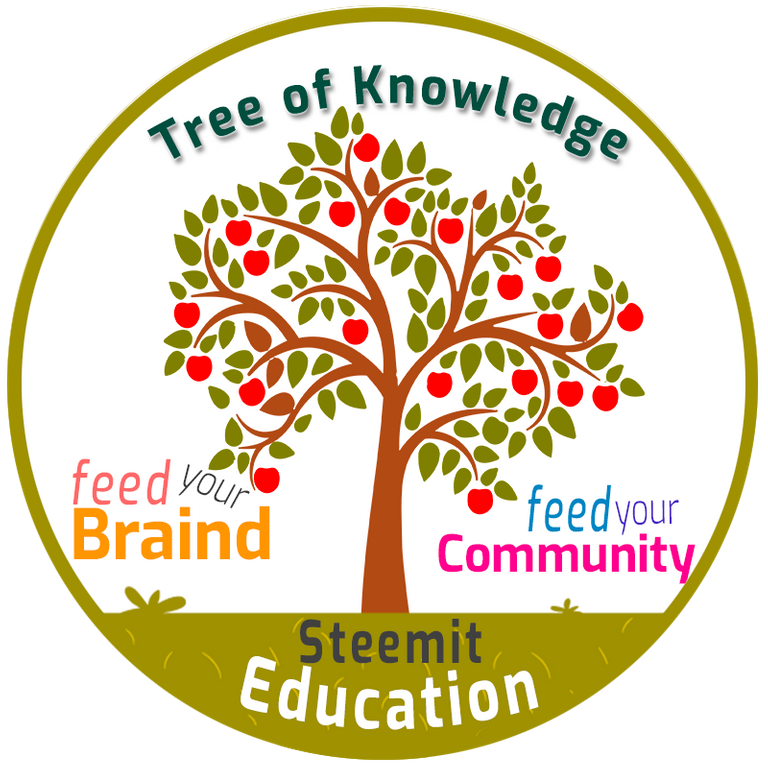The examinations have started and nearing their completion. Today I was marking English First Additional Language paper two. This has been a challenging paper for learners in my experience as a teacher so far. For some reason language structure and conventions are less difficult to answer than answering comprehension text questions. What's mind-boggling is that most of the answers are right there in front of their eyes but they just can't see them. We have been instructed to focus on exercises that improve reading with understanding but I've come to realise that that is not the only factor at play here.
source
There are multiple factors that contribute to students' poor performance in English as an additional language. I won't go through them all but there is one I'd like to point out. Socioeconomic factors, family background, environmental factors, non exposure to certain stimuli essential for growth and learning are examples of such factors but there is one that is caused by the departmental policies. There is a policy that states that a learner must not repeat the same phase twice. This means that if a learner starts in the foundation phase which consists of grade 1 to 3, the child can only be detained in this phase only once. After that the child must be progressed to the next grade, even when they've not met the requirements to do so, to avoid them being stagnant in the schooling system for too long. In essence the department of education is saying the child's age is enough to see the student through to the next phase.


What are the consequences of this policy? This leads to having grade 4 to 7s who are unable to read and write because they were progressed before they were ready. If a learner isn't coping with grade 1 material, how are they expected to cope with more challenging modules in grade 2? This makes absolutely no sense. Now fast forward a few years and the learners are now in grade 6 and 7. I am teaching them English but they can't understand a single word I am saying. I write down simple instructions but it looks foreign to them. The learners end up failing and we as teachers end up accounting for it. This is truly nonsensical.
source

 Tomorrow I must submit files on struggling learners and how I have supported them in performing better since the year has started. I am teaching grade 6 and grade 7 learners how to read and write. I was trained in delivering content, not grade 1 fundamentals but with the assistance of @steemiteducation members, my colleagues and of course google, I've been doing my best in trying to close the gap. But here is the part that agitates me, my superiors are expecting these learners to cope with their grade curriculum. How? They are just starting to learn the fundamentals of the language, curriculum is the last thing on my mind. My goal is to enable the skill of reading and writing to these learners, period!
Tomorrow I must submit files on struggling learners and how I have supported them in performing better since the year has started. I am teaching grade 6 and grade 7 learners how to read and write. I was trained in delivering content, not grade 1 fundamentals but with the assistance of @steemiteducation members, my colleagues and of course google, I've been doing my best in trying to close the gap. But here is the part that agitates me, my superiors are expecting these learners to cope with their grade curriculum. How? They are just starting to learn the fundamentals of the language, curriculum is the last thing on my mind. My goal is to enable the skill of reading and writing to these learners, period!
The very structures that are supposed to be assisting these children are the ones that are barriers to them. Unfortunately the teacher will always bear the brunt for this.
source




Congratulations @solomonsel! You have completed some achievement on Steemit and have been rewarded with new badge(s) :
Click on the badge to view your Board of Honor.
If you no longer want to receive notifications, reply to this comment with the word
STOPTo support your work, I also upvoted your post!
Do not miss the last post from @steemitboard!
Participate in the SteemitBoard World Cup Contest!
Collect World Cup badges and win free SBD
Support the Gold Sponsors of the contest: @good-karma and @lukestokes
It is sad that policies exist that require that students advance a grade even if they aren't academically ready. It can be very frustrating, particularly, if the content of the class is based on a certain level of skills.
In the past you have written about behavior issues in your classroom. I wonder if some of the kids that have behavioral issue are also the ones that are lack the base skills. They could be acting out based on frustration.